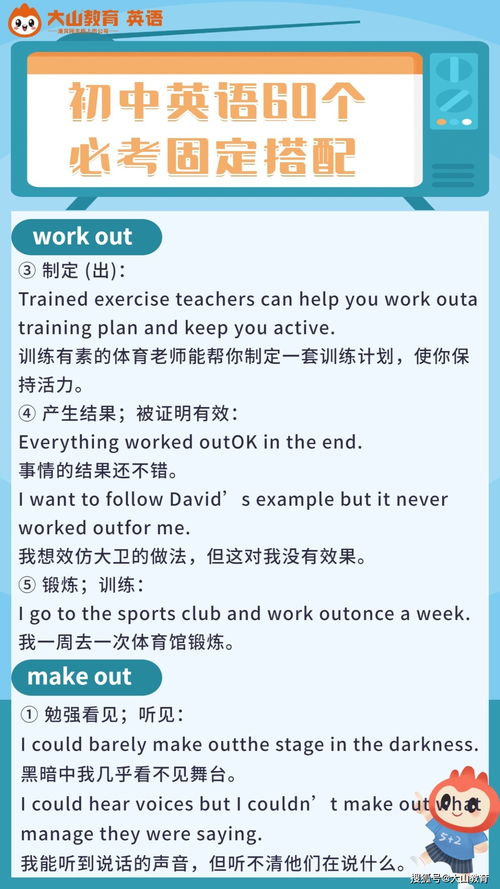1. Have difficulty (in) doing something
结构:主语 + have difficulty (in) + 动名词
例句:
She has difficulty understanding heavy accents.(她在理解浓重口音上有困难。)
They had difficulty finding the hidden documents.(他们很难找到隐藏的文件。)
注意:口语中常省略介词 "in",直接接动名词。

2. Struggle with something
结构:主语 + struggle with + 名词/动名词
隐含意义:强调“努力尝试但仍有困难”
例句:
He struggles with public speaking.(他在公开演讲方面很吃力。)
Many students struggle with writing academic essays.(许多学生写学术论文很费劲。)
3. Have trouble (with) something / doing something
结构:主语 + have trouble (with) + 名词 / 动名词
例句:
I have trouble with complex math problems.(我在复杂数学题上有困难。)
Do you have trouble sleeping at night?(你晚上入睡困难吗?)
错误纠正:✗ have trouble to sleep → ✓ have trouble sleeping
4. Find it hard/difficult to do something
结构:主语 + find it + 形容词(hard/difficult) + to do
例句:
She finds it hard to focus in noisy environments.(她在嘈杂环境中难以集中注意力。)
We found it difficult to reach an agreement.(我们觉得很难达成一致。)
5. Have a hard time doing something(口语化)
结构:主语 + have a hard time + 动名词
例句:
He’s having a hard time adjusting to the new job.(他很难适应新工作。)
Did you have a hard time solving the puzzle?(你解这个谜题费劲吗?)
6. Face challenges in something(较正式)
结构:主语 + face challenges (in) + 名词/动名词
例句:
The company faces challenges in expanding its market.(公司在市场扩展上面临困难。)
Researchers face challenges in collecting accurate data.(研究人员在收集准确数据上有困难。)
常见错误提醒:
1. 介词误用:
✗ I have difficulty to speak English.
✓ I have difficulty speaking English.
2. 动词形式错误:
✗ She struggles to understanding the rules.
✓ She struggles with understanding the rules.
3. 搭配混淆:
✗ They have a hard time to finish the project.
✓ They have a hard time finishing the project.
场景应用:
学习场景:
I have trouble keeping up with the advanced physics class.
工作场景:
Our team is struggling with the tight deadline.
日常生活:
He finds it difficult to cook without a recipe.
根据具体语境选择合适短语,能更自然表达“困难”的程度和情境哦!


